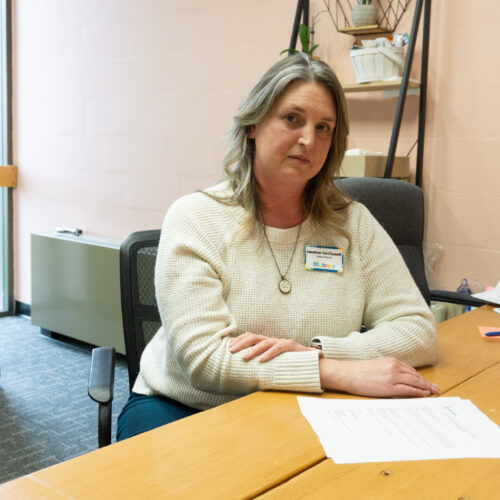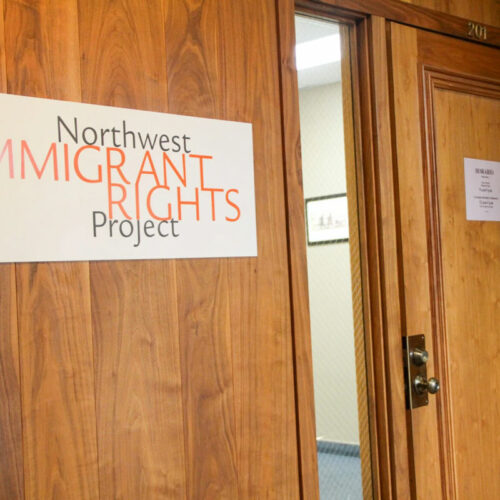
How To Have A Healthy Heart
Listen
Read
When February was dedicated as American Heart Month over 50 years ago, it followed a steep rise in heart disease in the 20th century.
Though treatment has greatly improved since the first Heart Month, heart disease in the U.S. still killed nearly 700,000 people in 2020 — more than any other disease, according to the Center for Disease Control.
For those looking to take care of their heart, one of the best things they can do is to quit smoking — and if they haven’t started, to keep it that way, said Edward Kim, a cardiologist at St. Joseph’s Regional Medical Center.
“(Quitting is) probably one of the hardest things to do, honestly. But that by far is probably one of the best things that people can do to help their hearts,” he said.
Regular exercise, stress management and sleep are other keys to maintaining heart health, he said.
Carley Stringer, a cardiac nurse practitioner in St. Joseph’s Heart Center, said monitoring weight can be a valuable heart health indicator.
“Marginal weight increases that you and I may not necessarily feel as younger people, more than two pounds in 24 hours, is kind of our cutoff for fluid accumulation,” she said. “(More than that) can be very, very detrimental to our cardiac patients.”
Monitoring for high blood pressure is also useful, she said, particularly for people who might not have a healthy relationship with daily weigh-ins. She further recommends patients learn how to read nutritional labels, keeping an eye out for excess sodium and learning about healthy and unhealthy fats.
Working to take care of heart health may be more important than ever this year — in many cases, COVID-19 negatively impacted people’s heart-healthy habits, Kim said.
Anecdotally, many of Kim’s patients had their exercise options limited, he said, either from restrictions at gyms or worries about exposure to the virus.
For some people, COVID-19 also caused delays in care, he said. Some patients were wary of coming to hospitals during the pandemic, and some hospitals were forced to put a hold on non-emergency proceedures.
“We had a short period where we held off on doing elective procedures for about two weeks,” he said. “Then we got right back into it. A lot of other hospital systems had much longer periods of time where they held off on elective procedures, and unfortunately, patients did suffer.”
COVID-19, along with any other disease that causes inflammation, also has the potential to worsen existing heart conditions, Kim said. The disease’s potential to cause blood clots has also been cited as a factor that may worsen cardiovascular problems.
When it comes to heart attacks, men and women usually feel similar symptoms, Kim said, despite popular misconceptions. The most common include chest discomfort that may spread to the arm, neck and jaw, and shortness of breath.
“Men feel this, I would say maybe 75% to 80% of the time. Women have these classic symptoms, you know, 65% to 70% of the time,” he said. “The majority of women will feel classic symptoms, it’s just a larger minority will feel other things.”
When those “silent” heart attacks happen, it can be hard to pinpoint any particular symptoms as indicators of a heart attack unless someone’s had a heart attack previously. They tend to be broad, and can include nausea, feeling unusually sweaty or lightheadedness.
If someone thinks they may be experiencing a heart attack, whether typical or atypical, it’s vital to call 911 immediately, Stringer said — and not drive oneself, get a ride from a family member or wait.
“Part of that is because we’re working very closely in our community, especially right now, with EMS. We can initiate services and treatments on the ambulance with EMS so that we’re not waiting till we get to the hospital, or gosh, two days go by.”
This report is made possible by the Lewis-Clark Valley Healthcare Foundation in partnership with Northwest Public Broadcasting, the Lewiston Tribune and the Moscow-Pullman Daily News.















